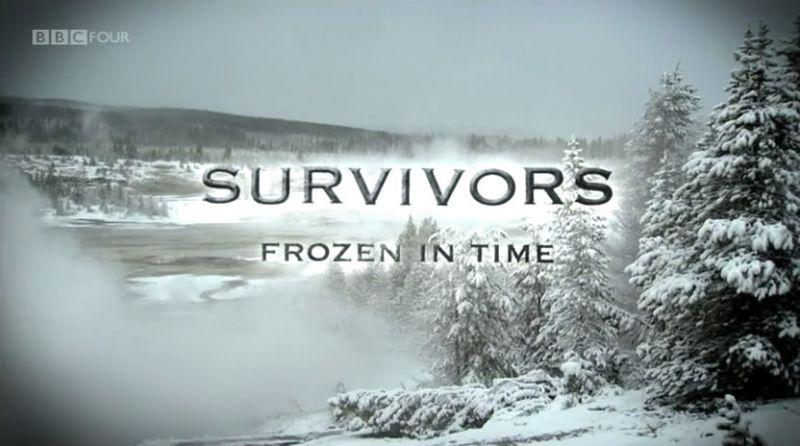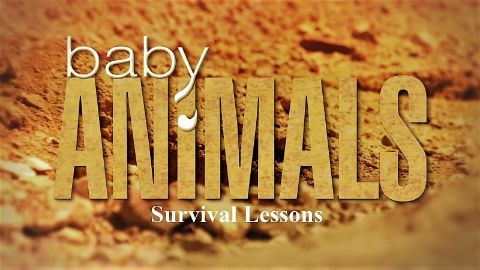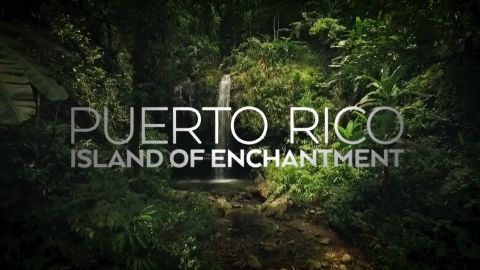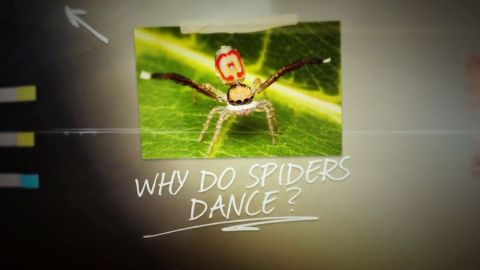Frozen in Time • 2012 • episode "S1E3" • Survivors: Nature's Indestructible Creatures
In episode three, Fortey looks at the Ice Age. 2.8 million years ago - triggered by slight changes in the Earth's orbit around the sun and shifts in its ocean currents - the world began to cool. Within a few thousand years much of the planet was shrouded in a dense cloak of ice that would come and go until only 10,000 years ago. We call this age of ice - the Pleistocene Age - and it transformed the hierarchy of nature. This is the story of how a few specialist species that evolved to live in the biting cold survived into the present day.
Make a donation
Buy a brother a hot coffee? Or a cold beer?
Hope you're finding these documentaries fascinating and eye-opening. It's just me, working hard behind the scenes to bring you this enriching content.
Running and maintaining a website like this takes time and resources. That's why I'm reaching out to you. If you appreciate what I do and would like to support my efforts, would you consider "buying me a coffee"?
Donation addresses
BTC: bc1q8ldskxh4x9qnddhcrgcun8rtvddeldm2a07r2v
ETH: 0x5CCAAA1afc5c5D814129d99277dDb5A979672116
With your donation through , you can show your appreciation and help me keep this project going. Every contribution, no matter how small, makes a significant impact. It goes directly towards covering server costs.








